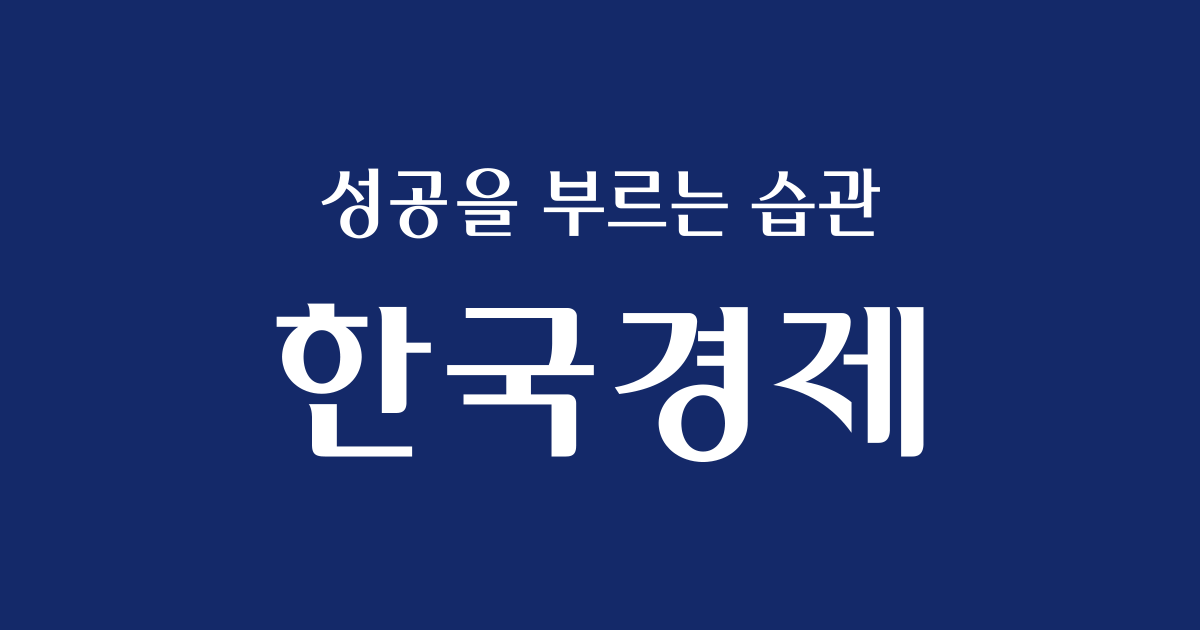He formed a special team and started thanksgiving
Monopoly of the fee of the energy certification agency
Survey on the “increase in the renewable supply ratio”
The Board of Audit and Inspection has issued a special audit for the Zero Energy Building (ZEB) project, which includes tax reductions and exemptions for energy-efficient buildings, and the background that the RPS ratio has been significantly increased (10% → 25%) in April last year it was discovered that it had started. To this end, a new special audit team for renewable energies has also been set up. In a sample survey conducted under the Moon Jae-in government, the Office of Government Policy Coordination found cases of illegal execution worth 260 billion won and President Yoon Seok-yeol ordered that “those who arbitrarily spend people’s taxes they should be severely punished. ” They aimed at “corruption of the renewable cartel”.
According to senior government officials on the 18th, the Audit and Inspection Board conducted a special audit to see if the ZEB project has recently become a means of making money for some private institutions. The ZEB project started in 2016, but gained momentum after the Moon Jae-in government took office. Since 2020, ZEB certification has become mandatory for all public buildings with a total floor area exceeding 1,000 square meters. The Board of Auditors and Controls pays attention to the fact that the Ministry of Land, Infrastructure and Transport and the Ministry of Commerce, Industry and Energy have designated nine institutions as certification agencies of the efficiency classification energy and limited the number of experts belonging to them (currently 61) to carry out certification tasks. From 2016 to last month, 9 institutions have received 110 billion won in fees for certification work and want to see if there are any problems with this process.
The Board of Audit and Inspection is also paying attention to the fact that all energy assessors belonging to the certification body are “unskilled persons” who have not received the compulsory education implemented by the Korea Energy Agency and that the Korea Energy Agency has not has received hands-on training since 2018.
The Audit and Inspection Board is also known to investigate the context of the rapid increase in the RPS ratio by the Ministry of Industry from 10% to 25% in April last year and whether this resulted in an increase in the deficit of KEPCO and an increase in the burden on the public. RPS is a system where power companies are obliged to supply more than a certain percentage of electricity through renewable energy such as solar energy. If this ratio increases, the cost of purchasing new and renewable energy from KEPCO will increase.
Journalist Lee Ji-hoon [email protected]
–


